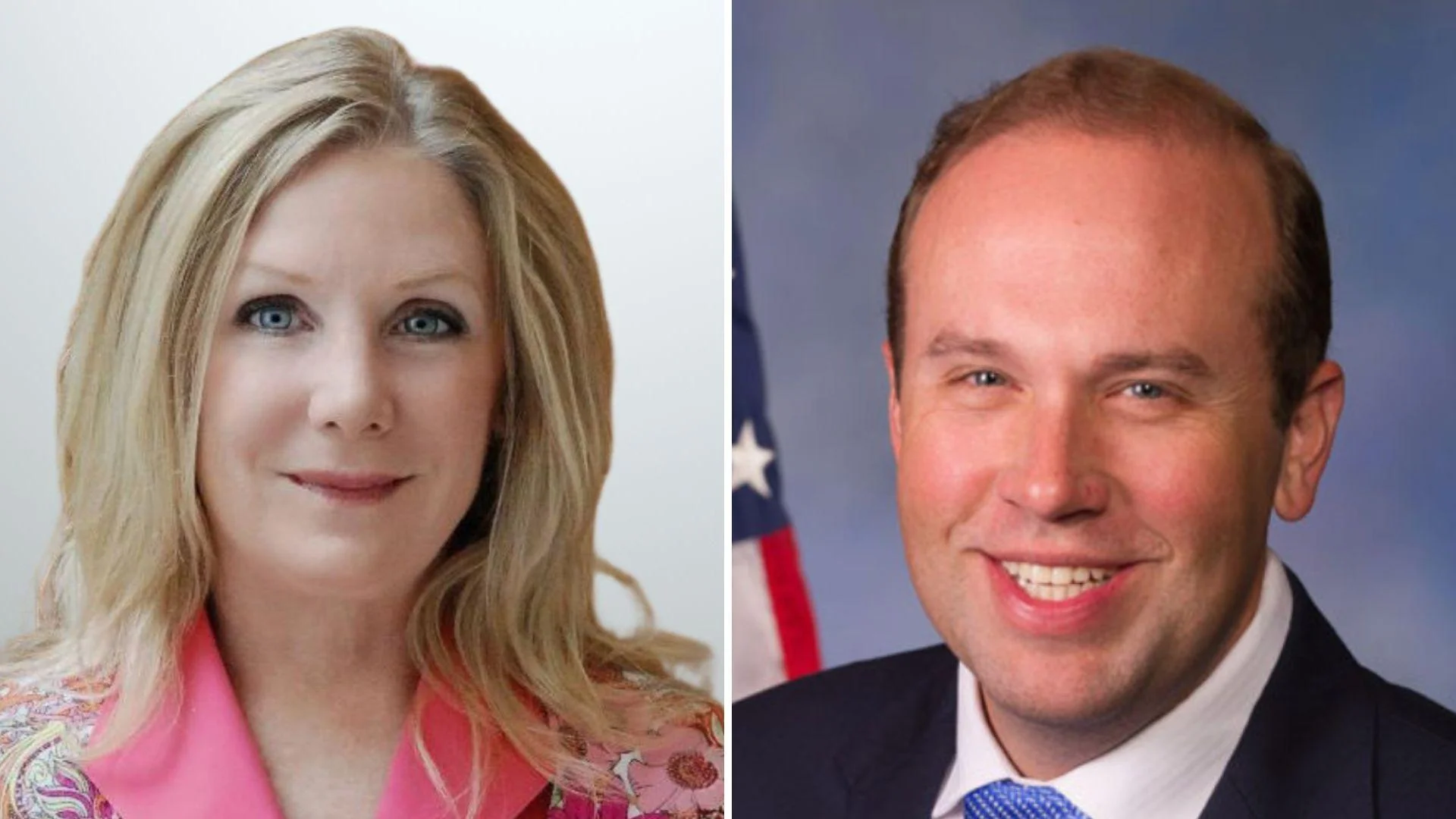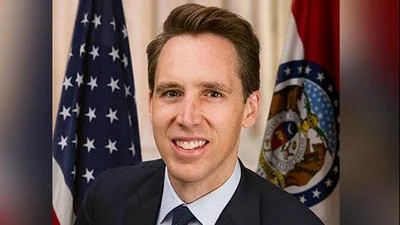Connie Farrow, executive director, Patients Come First - Missouri, left, and U.S. Rep. Jason Smith (R-MO-8) | PatientsComeFirst.com / House.gov
Connie Farrow, executive director, Patients Come First - Missouri, left, and U.S. Rep. Jason Smith (R-MO-8) | PatientsComeFirst.com / House.gov
The head of a Missouri healthcare reform group said government programs that use "quality-adjusted life years" (QALYs) to determine pricing and reimbursement are "arbitrary" and "discriminatory."
"It's critical that arbitrary cost-effective metrics like the Quality Adjusted Life Year, or QALY, cannot be used to determine pricing and even deny reimbursement of healthcare services and technologies," wrote Connie Farrow, executive director of Patients Come First-Missouri, wrote in a Phelps County Focus op-ed. "As federal lawmakers debate legislation to ban these discriminatory value assessments, I implore them to take into consideration the dangers of these policies for patients."
"The legislation, HR 485, known as the Protecting Health Care for All Patients Act, passed the U.S. House of Representatives in February," wrote Farrow. "Missouri U.S. Rep. Jason Smith, R-Salem, has been a leader in the ongoing effort to ban federal health care programs from putting a 'value' on patients’ lives through the use of a QALY."
Smith's legislation currently awaits action in the U.S. Senate, reported Cape News in March.
The bill would prohibit “all federal health care programs, including the Federal Employees Health Benefits Program, and federally funded state health care programs (e.g., Medicaid) from using prices that are based on quality-adjusted life years (i.e., measures that discount the value of a life based on disability, age, or terminal illness) to determine relevant thresholds for coverage, reimbursements, or incentive programs,” according to the bill summary.
Originally sponsored by U.S. Rep. Cathy McMorris-Rodgers (R-WA), HR. 485 passed the House on a vote of 211 - 208 and has been referred to the U.S. Senate Committee on Finance.
"QALY metrics often value young individuals in good health as more cost-effective to treat than people who are older, sick or have a disability," wrote Farrow. "For example, if an Army veteran with cancer only has 10 months to live and is prescribed a treatment that won’t achieve a maximum QALY score, coverage likely will be denied because he is considered less cost-effective to treat. "
"We don’t want our healthcare decision-makers and bureaucrats putting price tags on care for Missourians who would do anything to get better," she wrote.
Farrow previously worked as a reporter for The Associated Press in Kansas City from 1993 to 2005. She also worked as the communications director for Missouri Coalition for Lifesaving Cures, and was a Reynolds Journalism Institute Fellow from 2012-2013.
Missouri was one of three states, including California and New Jersey, in which Patients Come First groups launched on March 18.




 Alerts Sign-up
Alerts Sign-up